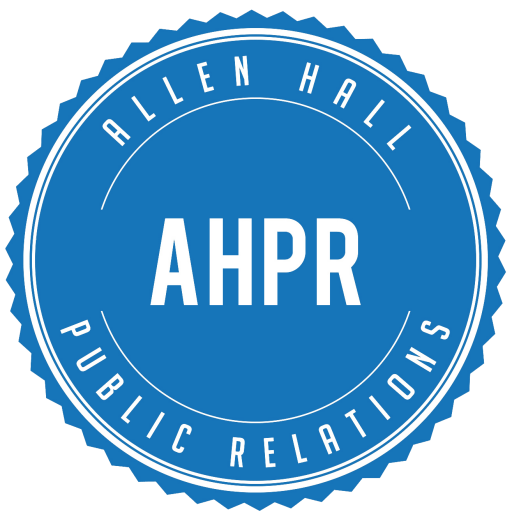Written by Claire Sigler, Account Executive for the SOJC Writing Central account team.
In the last three weeks, two crisis communication cases have captured the nation’s news and social media outlets: the United Airlines flight overbooking scandal and the American Airlines stroller incident. In public relations, the first statement a company releases about a crisis sets the tone for how the public is going to perceive the company’s handling of the situation. It also has a huge impact on the perception portrayed through media outlets.
The mishandling of an overbooking on United Airlines Flight 3411 had people everywhere criticizing United Airlines for the way they handled the situation. Not only did security drag a man off the airplane, United Airlines also failed to apologize in an authentic manner. The first statement United Airlines released was when the CEO tweeted “I apologize for having to re-accommodate these customers.” Dragging a man off a plane is not a “re-accommodation” and his poor word choice put United Airlines under serious criticism.
In addition to being on every major news source, United Airlines became the joke of late night comedy shows and quickly fell victim to thousands of Twitter memes with the hashtag #NewUnitedAirlinesMottos.
The American Airlines stroller incident spread through social media and news outlets around the country as well. However, American Airlines’ appropriate response to the crisis prevented the incident from blowing out of proportion like the United Airlines situation did.
American Airlines immediately released a statement saying, “We have seen the video and have already started an investigation to obtain the facts. What we see on this video does not reflect our values or how we care for our customers. We are deeply sorry for the pain we have caused this passenger and her family and to any other customers affected by the incident.”
The airline took ownership for their flight attendant’s mistake, recognized that it was not consistent with their values, and apologized for disrupting the day of so many of their customers.
What can public relations professionals learn from these two situations?
- Immediately share your side of the story after a situation takes place. It is essential for companies to tell their own story before social media gets the opportunity to come up with one for them.
- React genuinely. An initial response is vital to maintain a brand’s reputation. Since United Airlines did not immediately issue a sincere apology, they were harshly criticized on the Internet. In contrast, American Airlines was not attacked by the media because of their honest and genuine apology.
- Learn from the past. Crisis communication can be tricky and difficult and it is important to learn from other companies’ mistakes.
Claire Sigler is a junior majoring in public relations at the University of Oregon. In addition to working as an account executive on the AHPR Writing Central team, she is a marketing intern at Locus Marketing, the assistant director of Volunteer Management and Engagement for the UO Student Alumni Association and a PRSSA peer mentor.

